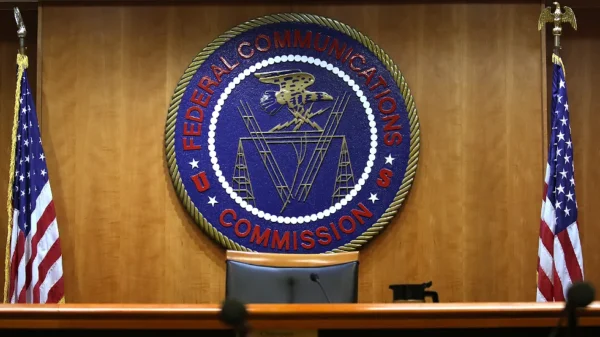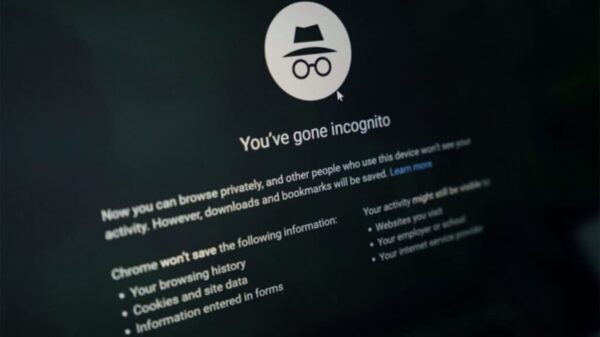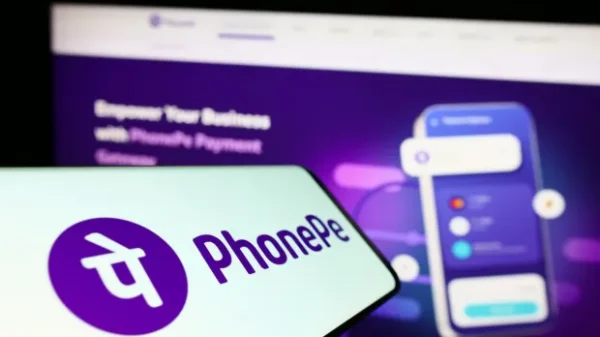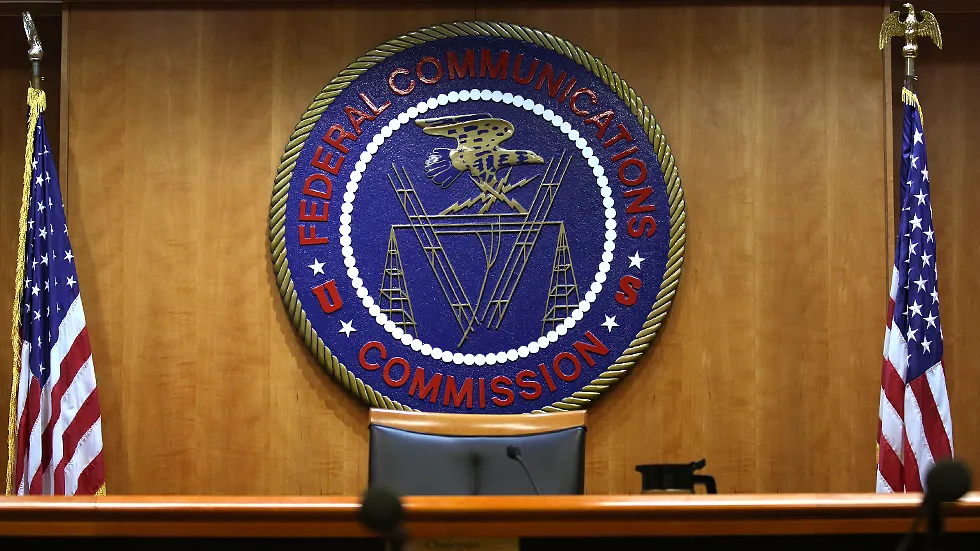From 25Mbps, the Federal Communications Commission (FCC) has officially changed the definition of minimum broadband speeds to 100Mbps. The decision includes setting a benchmark for high-speed broadband at 100Mbps for download and 20Mbps for upload.
This overdue update is important in correctly evaluating internet accessibility especially in low-income and rural areas as highlighted by FCC Chairman Jessica Rosenworcel.
The lowering of the minimum rates of broadband speed from 25mbps to 100mbps in addition to an increase in upload rates from 1mbps to 3mbps was among the issues that were stated within the report on Broadband Progress Report for the year 2015. This momentous decision was made based on emerging technological needs and increased dependence on internet connectivity by societies in order to ensure that all Americans have equal access to fast broadband services.
This will allow FCC identify areas with poor internet connection faster thus making it easier for government intervention.
After years of lobbying by US senators, regulatory agencies and other officials from different quarters of governance, this action indicates a growing reliance on internet-related products and services across America.
December 2022 Federal Communications Commission data reveals that there are about 45 million Americans who do not have access to both a fixed service of 100/20Mbps and a mobile 5G-NR service of 35/3Mbps, showing the need for addressing disparities in broadband access nationwide.
What is Federal Communications Commission?
The Federal Communications Commission (FCC) is a United States regulatory agency that oversees communication networks and services. It was founded as early as in the year 1934 with the main aim of ensuring efficient, equitable and secure communication systems throughout America.
Some of these communications include; television, radio, wire, satellite and cable among others. The FCC sets broadcasting standards, controls the allocation of radio frequencies, enforces rules against interference and promotes competition and innovation within the telecommunications industry.
Moreover, FCC also plays an important role in protecting consumer interests by addressing issues like privacy concerns relating to communications sector and the cost aspects among others.The landscape of modern communication is shaped by its policies as well as enforcement efforts as it seeks to reconcile business priorities with consumers’ needs and societal goals at large.
















